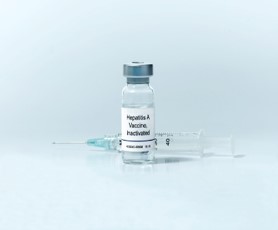
Medical guidelines are statements that are systematically developed to guide the doctor to make appropriate decisions about the suitable health care for a given clinical situation and gives recommendations informed by the organized review of evidence and assessment of alternative care options intended to give patients the optimum care that they require and has thus become a growing part of the medical practice.
Medical guidelines are important as they help to better the medical outcomes as through guidelines promoting intervention have proved fruitful as they discourage the ineffective ones which leads to reduced mortality rate and improved quality of life.
Moreover medical guidelines are used to help better the consistency of care whereby patients having the same medical condition are cared for using different approaches by the different doctors or clinicians. Here the guidelines chip in to try to make sure that patients having the same health condition are cared for in similar manner regardless of the doctor or the clinicians they choose to consult.
Medical guidelines are also used to offer help to clinicians or doctors as they help improve the quality of medical decisions made as they offer recommendations on flow of progress which is important as the doctor gets help in solving cases that pose a challenge to him and thereby reassures the doctor about the appropriateness of the treatment method used. It can also act as a reference for potential audits of the doctor.
Medical guidelines in addition are used to influence patients as they call for attention to the less known health problems, services and also preventive measures to the part of the population that is at high risk. These guidelines also help in including the previously not available services that are needed most by the community.
Medical guidelines made with the aim of the public’s well being can be used to advocate for better delivery of services to the patients hence promotes medical justice to all. Guidelines that improve productivity of medical care helps in freeing up inequitably distributed resources which can be directed to other much vital and needed medical care services.
we use updated medical guidelines in our exam resources especialy in SCE speciality certificate examination,MRCP part 1,MRCP part 2 .MRCS part a. plab part 1,MCCEE ,MCCQ1,AMC MCQ.
Reference Source:- https://goo.gl/1ECLZ7

